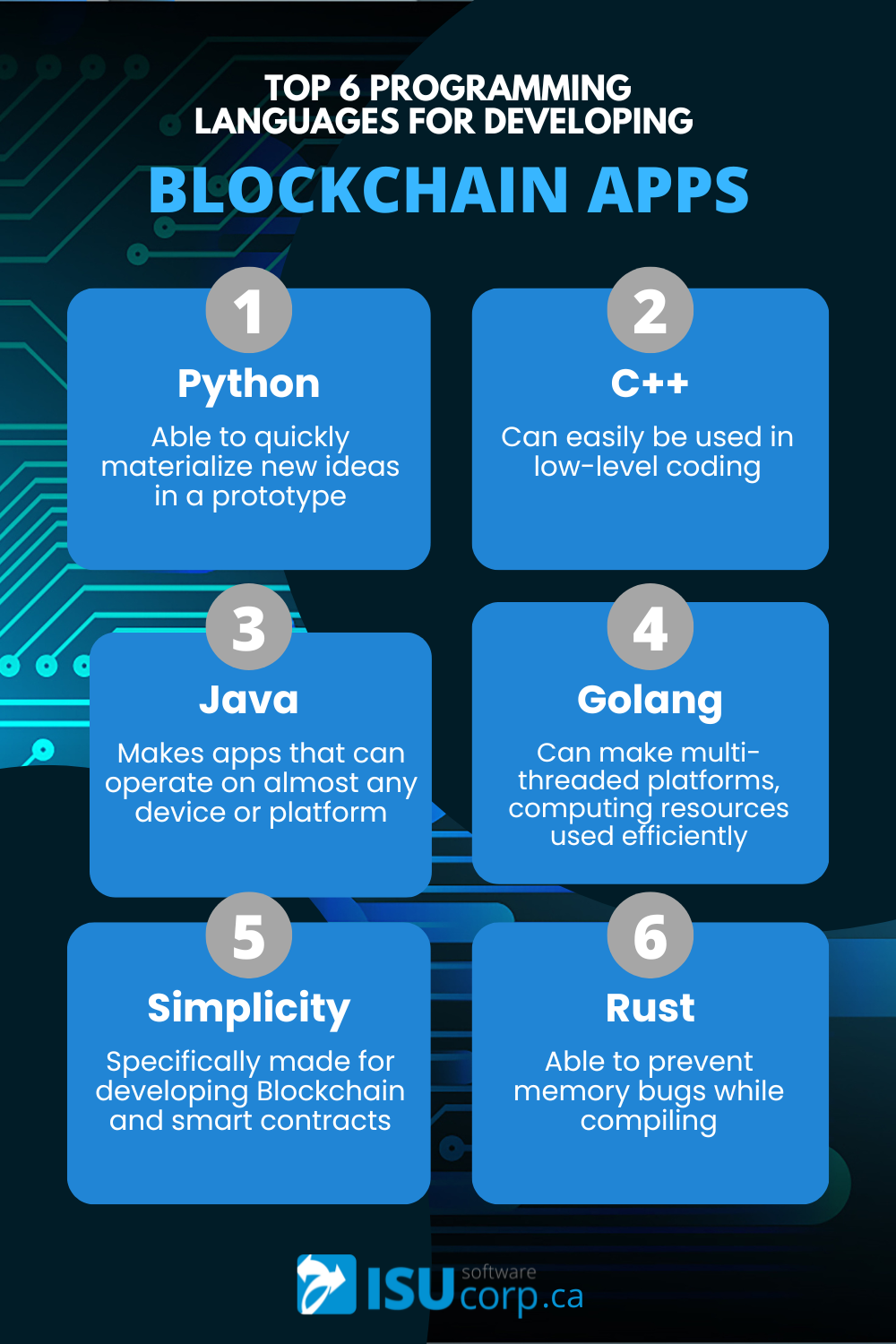How has the internet supported your life? Is it how you can run your business? Stay in touch with friends and family? Maybe you use the internet in your leisure time. No matter what the case may be, the internet you know today doesn’t exist without Application Programming Interfaces (APIs). This term may seem intimidating if you are unfamiliar with the concept, so we’re going to have to break it down.
In simple terms, imagine trying to talk to someone in another country without any method for transmitting messages (video calls, phone calls, instant messaging, pen and paper, etc). You’d just be talking to yourself. The API would, in this case, be the devices that make this communication possible. It is software that lets applications communicate. You ask the API for it, and the API goes and gets it for you.
How do APIs help businesses?
Imagine you want a website for your business that’s going to provide an amazing and unique experience for your users, lightyears from what your competitors are using. You’ll need software that can materialize the concepts through various features in your website and allow it to perform at a high level. For this reason, you’ll look for a web developer who can create an API for your website.
You’re likely seeing the pattern here. APIs expand the potential that businesses can tap into when it comes to scaling the business. Disparate systems are holding back the worthwhile investment for businesses that are currently spending nearly $600 billion annually trying to crack the code.
Create and Innovate
So with the idea of innovation in mind, let’s consider the ways that API technology makes expansion possible. When it comes to change in an organization, especially digital transformation, APIs allow people to contribute more and more to the success of the organization by breaking the barriers instilled by traditional methods. As well, monetization is far easier to implement by allowing companies to own real estate on multiple platforms (where more ad space can be sold).
For services that are driven by advertising or that are “transactional”, having various interfaces will continue to enhance that exposure. With that in mind, have your APIs directed towards a variety of platforms such as browser extensions, Meta, iPhone, and more.
How can you prepare?
What kind of API is your business developing? Is it meant for developers? Or is this something that’s going to help the third party? Like any software implementation, you need to identify the important aspects that will cover logistics. In the case of APIs, these areas include:
The functionalities you want your API to perform and how many. Is there anything you can automate to assist with maintenance and use?
How will the API be accessed and who will access it? Are you going to integrate it through an already-established platform? Will it only be available to partners or the public?
Is your API going to offer support? If so, how much? (This will dictate some of the decisions you make with development so ensure it is taken care of beforehand).
What to do during execution
There’s an abundance of tools to assist in your API development journey, but before you search for them, you need to know your app. The type of data and information you plan to use in the API is fundamental, which means the developer will need to know it or else they’ll be overwhelmed by the app's requirements upon release.
How APIs have helped businesses you know
APIs give businesses the chance to expand into new markets. There are strategic partnership opportunities and technology changes that can bring businesses to the next level. Take Uber for example. Rather than going through the process of creating their own communication, navigation, and transaction methods, they took the top programs for all those aspects and used APIs to link them.
Also, if you recall the start of Twitter, you’ll remember that it wasn’t perfect. Specifically, their user interface (UI) was not up to standard which required attention. TweetDeck came in and created a far better UI than Twitter's original engine which led to a much more smooth user experience.
What to expect in the next decade
You’ve heard it over and over again: “technology is the future”. This article has certainly spoken plenty of its potential in overtaking traditional methods. Businesses need to be pragmatic when it comes to changes like API technology. Traditional methods involve paperwork, a big sales staff, and many other outlets where companies will invest time and money while seeing little to no reciprocity from today.
The Takeaway
Software solutions is a broad term, but APIs are a very good example to consider when evaluating what it will mean for your business. There’s a variety of opinions on how to “future-proof'' your company, but the fact of the matter is that every business is different.
At this point, there is almost no business that operates without digital solutions and everyone would’ve had to evaluate and identify their own needs and logistics. This is important, but you’ll need to consult with professionals at some point to get ahead of the competition.
Written By Ben Brown
—
ISU Corp is an award-winning software development company, with over 17 years of experience in multiple industries, providing cost-effective custom software development, technology management, and IT outsourcing.
Our unique owners’ mindset reduces development costs and fast-tracks timelines. We help craft the specifications of your project based on your company's needs, to produce the best ROI. Find out why startups, all the way to fortune 500 companies like General Electric, Heinz, and many others have trusted us with their projects. Contact us here.















